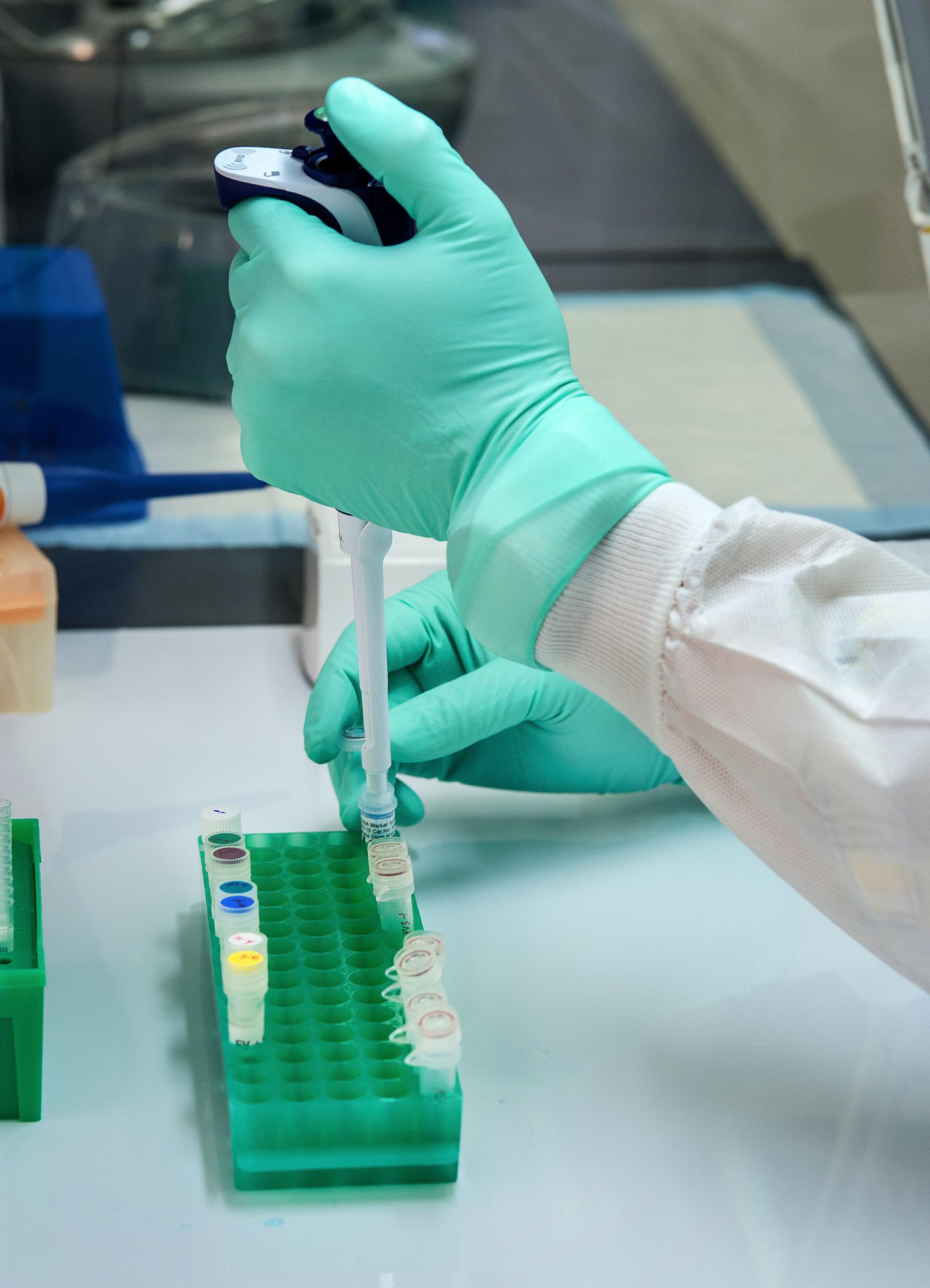
Due to the significant overlap between the biotechnology and biochemical engineering industries, parsing the specific scope of either field can be challenging. Each has a unique area of focus that distinguishes itself from its counterpart. Understanding biotech and biochemical engineering’s differences is crucial for those seeking engineering consultation services.
What is Biotech?
Biotech is a broad term that encompasses a variety of disciplines, including genetics, molecular biology, cellular biology, immunology, microbiology, and bioinformatics. It focuses on applying biological processes to develop new products or solve existing problems. This could include anything from creating genetically-modified crops to discovering treatments for diseases.
Biotech professionals typically hold biochemistry, biology, medicine, genetics, microbiology, bioengineering, or immunology degrees. Success in this role requires a deep understanding of molecular biology and knowledge of laboratory techniques such as PCR (polymerase chain reaction) and flow cytometry. Additionally, biotech professionals must have strong communication skills and be able to work well in teams.
What is Biochemical Engineering?
On the other hand, biochemical engineering is a more specific field that involves using knowledge of chemistry and biochemistry to create products or modify existing ones. It focuses on developing processes for the large-scale production of biologically derived products such as drugs or renewable energy sources. Additionally, it deals with optimizing existing production methods through process control techniques like automation or computer simulations.
Biochemical engineers must have an undergraduate degree in chemical engineering or a related field. They may also need an advanced degree in biochemical engineering or related disciplines such as enzymology or metabolic engineering. These professionals must also have an understanding of the principles of thermodynamics; knowledge of mathematical modeling; familiarity with computer-aided design (CAD) software; experience with fermentation technology; and experience with process optimization techniques such as kinetic modeling and artificial intelligence (AI). They must also possess strong problem-solving skills and be able to work effectively on their own and as part of a team.
The primary difference between biotech and biochemical engineering lies in their respective scopes: while biotech is focused on applying biological processes to solve problems in medicine or industry, biochemical engineering uses scientific methods to optimize industrial processes related to biotechnology. Additionally, while both fields use living organisms in their work, biotech tends to focus more on advancing our understanding of these organisms, while biochemical engineering looks at how they can be used practically to create tangible products.
Despite their scope and focus differences, biotech and biochemical engineering have some core concepts in common. Both rely heavily on laboratory experimentation to test hypotheses and develop new products or processes. They also use computational methods such as computer-aided design (CAD) software to simulate various scenarios before they are implemented in real-life applications. Finally, both disciplines require an understanding of the fundamentals of chemistry and biology to understand how living organisms interact with each other or with man-made compounds.
Biotechnology and biochemical engineering are two closely related disciplines that have revolutionized many aspects of our lives—from medicine to industry—using their combination of laboratory work and computational analysis. While their scopes differ depending on the application at hand, professionals in these fields have common fundamentals, such as a heavily science-based course of study and an affinity for innovation. Firms seeking biotech and biochemical engineering consultants can contact Bothwell Engineers to discuss their project’s requirements and professional needs.